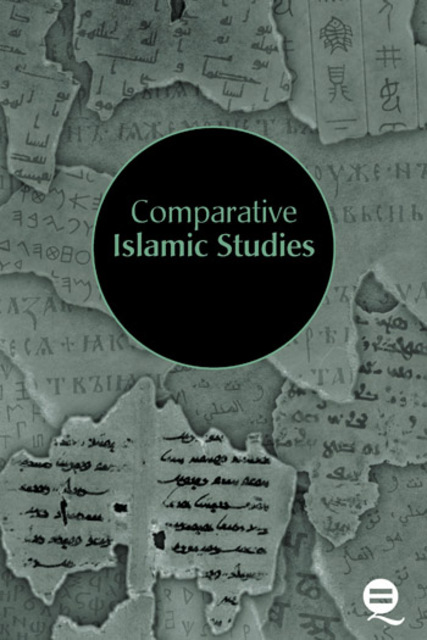From the Bodies of Bees: Classical and Christian Echoes in Surat al-Nahl

Foster, A., & Kueny, K. (2007). From the Bodies of Bees: Classical and Christian Echoes in Surat al-Nahl. Comparative Islamic Studies, 3(2), 145–168. https://doi.org/10.1558/cis.v3i2.145
Full description
Within Surat al-Nahl, the bee, like the very earth and God’s most privileged human hierophants, receives a direct revelation from the Lord. This revelation consists of a series of injunctions: go to your homes, eat of the earth’s fruits and “follow the trodden paths of the Lord.” These key elements of the Sura’s meditation upon the bee resonate very strongly with Classical and Christian ideas about the nature and habit of bees. Just as the Sura privileges the bee to communicate directly with God and to live an ideal life, throughout Graeco- Roman Antiquity the bee was similarly thought to be a creature particularly endowed with a divine nature and entrusted with divine revelation. And like their perfectly obedient Muslim counterparts, the Classical bee offered a paradigm for life and how to live it. And yet, Muslim exegetes both Sunni and Shi'i are hardly satisfied to merely import a pre-fabricated trope into their discourse as their rich interpretive tradition elaborates the bee’s rhetorical valence and symbolic power to make the insect wholly their own.
- typeImage
- created on
- file formatjpeg
- file size79 KB
- container titleComparative Islamic Studies
- creatorAndrew Foster and Kathryn Kueny
- issnISSN:1743-1638 (online)
- issue3.2
- publisherEquinox Publishing Ltd.
- publisher placeSheffield, United Kingdom
- rightsEquinox Publishing Ltd.
- doi
We use cookies to analyze our traffic. Please decide if you are willing to accept cookies from our website. You can change this setting anytime in Privacy Settings.
